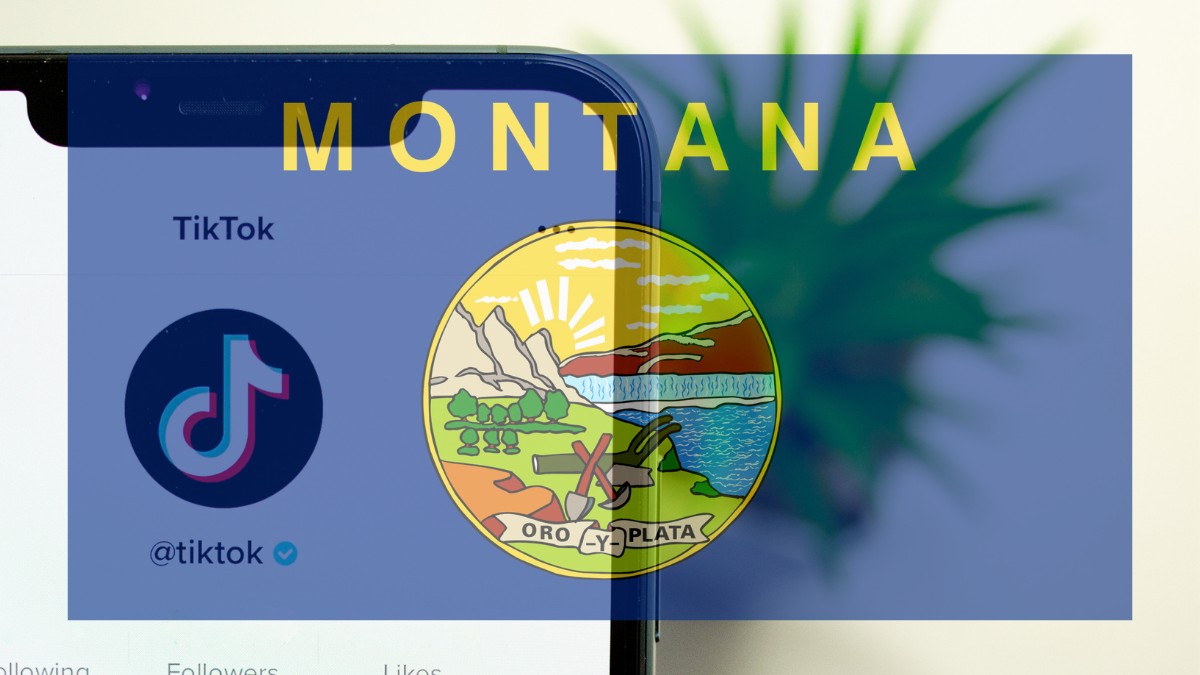In this article, we’ll delve into the ongoing legal battle between TikTok and the state of Montana.
Unpacking the reason behind TikTok’s lawsuit, we’ll try to understand the potential implications for free speech rights, internet governance, and the broader tech industry in the United States.
Key Takeaways:
- TikTok files a lawsuit to combat the forthcoming statewide ban in Montana, marking a significant development in the relationship between the US and the Chinese-owned social media platform.
- The ban, set to take effect in January 2024, is currently the only one of its kind in the US.
- TikTok alleges that the ban violates the constitutional First Amendment right to free speech, and Montana’s concern for users’ data and national security exceeds its authority.
- Despite the growing criticism and fear over potential data access by the Chinese government, there is no evidence that such an act has occurred.
- The Montana law presents practical enforcement challenges, given the ubiquitous nature of internet access.
The Battle Unfolds: TikTok Versus Montana
In an unprecedented twist, TikTok, the globally popular, Chinese-based social media network, has locked horns with Montana, a state in the western United States.
The genesis of this legal clash lies in Montana’s recent and sweeping decision to forbid the use of TikTok within its borders.
Last week, Montana earned the dubious distinction of being the first U.S state to ban this video-sharing platform.
TikTok, unwilling to take the ban lying down, fired back with a lawsuit this Monday.
The lawsuit aims to challenge and overturn what TikTok labels as an “unlawful” ban.
Free Speech or Security Concerns: Deciphering the Arguments
TikTok’s retaliatory move to sue Montana unveils a complex web of free speech and security issues.
The heart of TikTok’s complaint is that the statewide ban infringes upon U.S constitutional rights – particularly, the First Amendment right to free speech.
In its defense, TikTok points out that the ban effectively silences all the voices that use its platform for expression.
Despite the arguments, Montana’s stance remains firm – the ban, according to them, is a measure of protection against potential data security risks.
“TikTok, after all, is owned by the Chinese company, ByteDance, and the fear of data access by the Chinese government is a specter that haunts the issue.
Enforcement Issues: The Practicality of Montana’s Ban
Yet, even if Montana’s law withstands legal scrutiny, questions of enforcement linger.
In our hyper-connected world, it remains to be seen how Montana will implement a full ban on a social media app.
With the ban slated to take effect in 2024, the law would hold app stores liable for offering TikTok, but it doesn’t prevent those who already have the app from using it.
Hence, despite the legal mandate, the practicality of the ban is somewhat questionable.
TikTok: A Data Mine or a Social Media Platform?
In the end, the heart of the issue is a stark question: Is TikTok simply a hub for creativity and connectivity, or a potential data trove for the Chinese government?
ByteDance, TikTok’s parent company, has continually denied being under the control of the Chinese government.
Yet, the lawsuit points out that the ban was born out of “unfounded speculation” that the Chinese government could exploit TikTok data.
This lawsuit, therefore, not only challenges the constitutionality of Montana’s ban but also seeks to reshape the narrative surrounding TikTok’s data security concerns.
Conclusion
This lawsuit may prove to be a watershed moment for TikTok and its operations within the United States.
As TikTok and Montana square off in court, their battle may reshape the boundaries of digital expression, state authority, and internet governance.
The outcome, either way, promises to have far-reaching effects on how we view social media platforms and their place in society – as forums for free speech, potential security risks, or perhaps, a bit of both.
With stakes this high, the world watches with bated breath as the courtroom drama unfolds.
 Sections of this topic
Sections of this topic
















